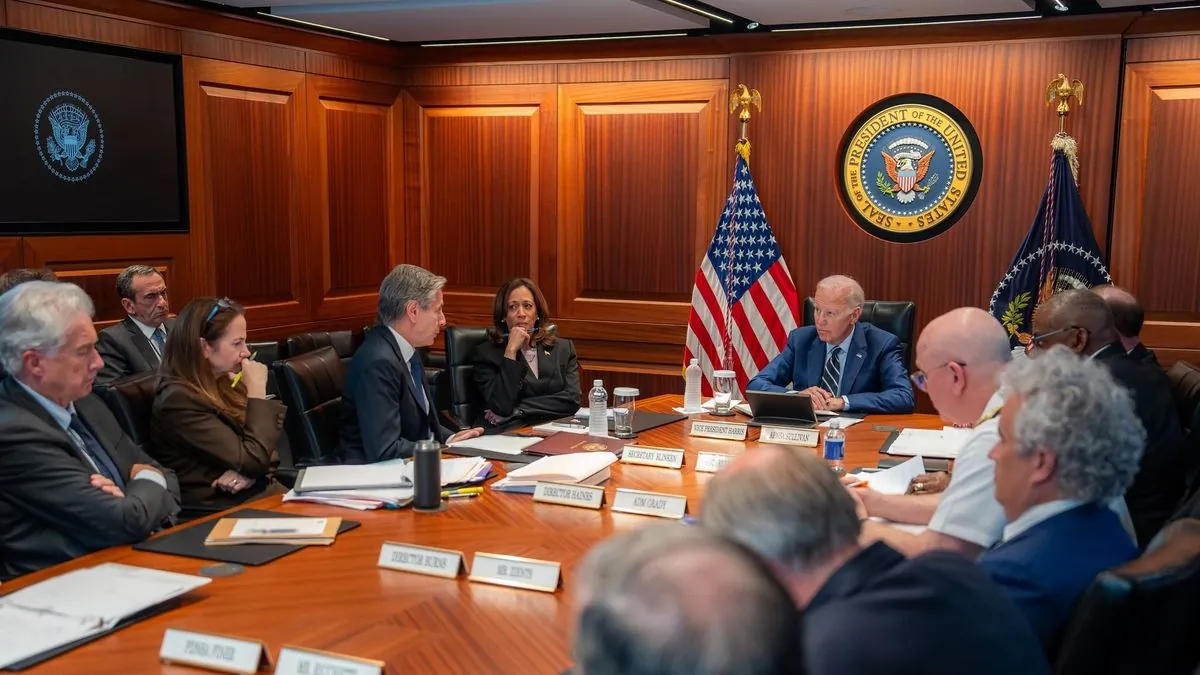The upcoming White-House transition raises questions about US Middle-East policies‚ as Donald Trump might take office in early-25. His America-first mindset — which often goes against standard diplomatic practices — could re-shape regional dynamics
The current administration led by Joe Biden keeps backing Israel in its Hamas conflict while pushing for civilian protection in Gaza (where conditions get worse day-by-day). The White House team has been clear-cut about their two-sided approach: supporting allies but watching humanitarian needs
Trumpʼs campaign shows a different path: he talks about quick peace without detailed plans. Last fall he gave Benjamin Netanyahu a green-light saying “do what you have to do;“ this hands-off style matches his previous foreign-policy choices. His simple-minded promises of Middle-East peace dont match the regions complex nature‚ but some experts think his non-standard methods could bring unexpected results
Weʼre going to have peace in the Middle East
The ex-presidents return might mean less US involvement in regional issues: his past shows he likes quick fixes and deal-making rather than long-term diplomatic work. The switch from Bidens careful balance to Trumps unpredictable style could bring major changes to US-Israel relations
